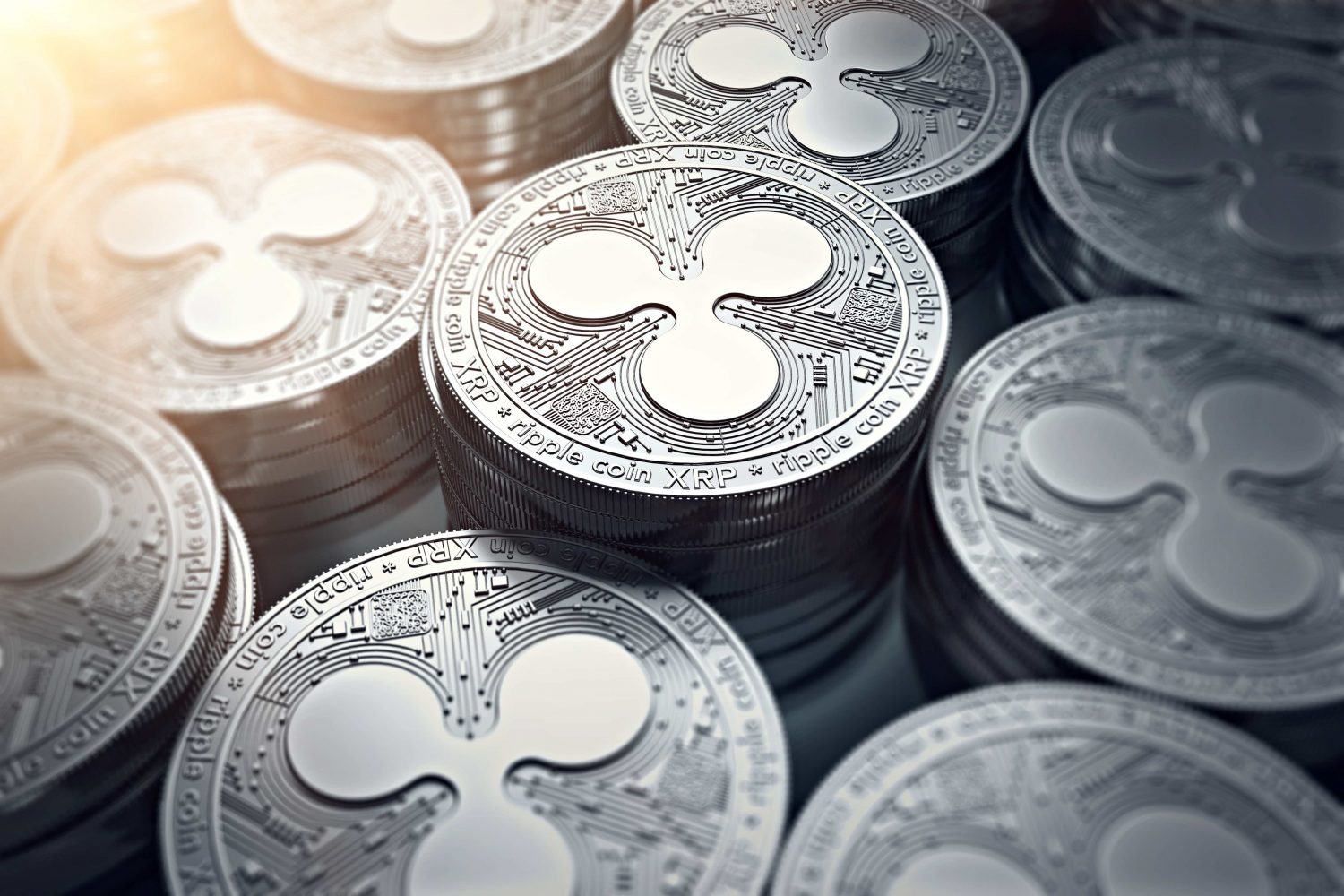Ripple future currency banks how so?
bi!tcoin's astonishing run in 2017 attracted headlines and hype, as the digital currency's price soared and turned early investors into crypto-millionaires.
But another cryptocurrency's rise shook investors at the year's end as a currency known as Ripple capped an annual rise of more than 36,000 per cent, doubling in price in the last week of December.
Ripple's growth came after reports its payments system was being tested with a host of global banks, with Japanese and Korean credit card companies confirming they would pilot the technology.
Each unit of Ripple is now worth around $2.20 on online exchanges. While this is markedly less than Bitcoin's mammoth valuation of more than $13,800 per coin, Ripple has increased from $0.006 twelve months ago, and the total value of its supply makes it the second most valuable cryptocurrency.
So why is Ripple now worth so much more than it was just months ago, and is its rise any different from the the growth of Bitcoin?
Ripple explained
While Bitcoin is a digital currency, Ripple is technically the payments network behind the cryptocurrency officially known as XRP, although it is often referred to simply as Ripple.
Like Bitcoin, Ripple runs on a blockchain, a secure online record of all transactions considered the future of online payments technology used today.
Show more
But Ripple's network differs hugely from Bitcoin in many respects. Launched in 2012, it is not ultimately meant to be used as a primary unit of payment. Rather the Ripple network acts as a system for verifying and recording transactions of all kinds of assets, including its own XRP currency.
While Bitcoin was founded as a totally decentralised network, with users contributing their own computer power to process payments in return for "mining" new Bitcoin, Ripple is a company which created a set amount of Ripple XRP coins with 99 billion ready to be distributed. These XRP coins can be sold or traded, or used as a gateway between different assets to avoid traditional fees and transaction times.
Faster than Bitcoin
The developers of Ripple say its network boasts several advantages over Bitcoin as a global payments system. Transaction speeds are significantly lower, around three seconds, while fees are one millionth of an XRP coin.
While Bitcoin is expensive to trade and has grown massively as public interest, speculation and private investors cash in, Ripple's faster network has potentially practical uses as a foreign exchange network, leading to partnerships and trials with banks such as American Express, Santander and UBS.
How does Ripple work?
Ripple works differently to many digital currencies, describing the XRP coin as "the fastest and most scalable digital asset".
Unlike Bitcoin, which has been touted as a way to move away from central banks, Ripple can be actively used as a tool for payments by banks, with the network able to handle up to 1,500 transactions per second compared to fewer than 10 with Bitcoin.
Like Bitcoin, however, it uses blockchain technology, a digital ledger that records and encrypts all transactions. Unlike Bitcoin, this is not done by a network of tens of thousands of users "mining" Ripple. The Ripple network was initially entirely controlled by the startup, but it has since begun distributing its control third parties who verify transactions.
This control has led to greater stability during the set up of the network, according to Ripple. Ripple said in a blogpost it was gradually removing its own controlling nodes as more trusted parties join to confirm payments on the blockchain.
Some users and cryptocurrency analysts had criticised Ripple for its overly-centralised structure, while a large portion of Ripple was also initially retained by its founders. In response, Ripple said it would lock its remaining cryptocurrency in an encrypted escrow account, releasing a set portion each month to limit supply.
Why is its price rising?
The sudden rise in Ripple's price has seen it more than double to $2.20 on January 1 from around $1 a week earlier and 25 cents at the beginning of December. This boost in price has been attributed by some as investors cashing out their Bitcoin gains for rival cryptocurrencies, as Ripple's price has continued to rise even as Bitcoin has fallen sharply.
The growth trend may also be due to the increased exposure of cryptocurrencies to investors, who have moved beyond Bitcoin to invest in several rival currencies. Ripple has also recently announced further pilots with several of Japan's largest credit card companies for cross border payments.
The price of one unit of Ripple is significantly lower than Bitcoin and many other cryptocurrencies due to the total level of supply. Overall there are around 38 billion units of Ripple in circulation, compared to just 16.7 million Bitcoin.
Despite this its total value has passed $90 billion, making it the second most valuable cryptocurrency overall behind only Bitcoin.
These are some sites to win the Ripple without any leaks,
https://www.earncrypto.com/earn-free-ripple/?r=100355
https://coinfaucet.io/Account?r=GjmSF3ykfgT